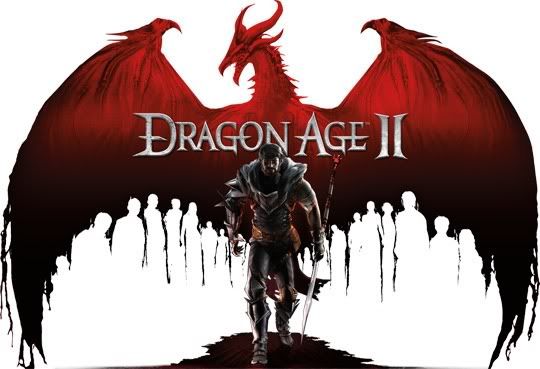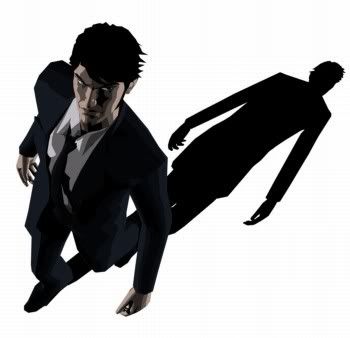
My sister’s Commander. She gains life. A LOT of life.
My family has become pretty keen on the “newest” Magic: the Gathering format. I put the quotes around ‘newest’ because it’s a format that’s actually been around for a while, underground & independent. But like the rockers who have to trade in their hipster glasses for suits & ties because they have to meet with label people now, the format’s been picked up by the big name and now is getting mass-produced later this year. I’m speaking of what Magic calls Commander, but some folks still know it as Elder Dragon Highlander, or EDH.
Instead of your typical constructed format, Commander has an interesting if somewhat quirky rule set that changes the pace and flavor of the game:
- Each player begins with 40 life.
- You may have 100 cards in your deck, one of which must be your Commander.
- Aside from basic lands, you are allowed 1 copy of each card in your deck.
- The Commander must be a legendary creature.
- Your Commander is not shuffled into your deck but remains in a special area out of play. You can summon it at any time for its mana cost.
- If your Commander would be destroyed, exiled or otherwise removed from play, instead of going to the graveyard or being exiled it returns to its area. It can be resummoned, but 2 colorless mana is added to its casting cost for each time it is sent back to its area in this way.
- The colors of the Commander define the colors of the deck. For example: if your Commander is red, blue and black, the cards in your deck cannot contain green or white.
Typically, the Commander also lends a theme to the deck, be it creature removal, life gain or straight-forward beat-down. I originally built a creature-enchantment deck around Razia, Boros Archangel, but since most of my father’s cards are red and white, he picked her up as well. So, I’ve gone back to the drawing board. I tried a red-black burn deck with Lyzolda, the Blood Witch as the Commander… it didn’t end well. Now that more or less I know what I’m facing, as my family has become my ‘local meta’, I’ve started on a few ideas.
Vorosh, the Hunter is the most viable, unique Commander I have currently, as Teneb is being fielded (quite effectively!) by my sister-in-law, Beth. I’m building a graft/infect deck around him. The more proliferation I can get into it, the better. Until then it’ll be using some of my more insidious control tricks, at least until I get some other decks up and running. While it might be some time before that happens, due to limited resources, a couple other ideas have popped into my head.
I like my dragon burn deck (and the others hate it due to Archenemy memories), and can probably beef it up a bit with a better Commander. Bladewing the Risen, perhaps. Or I can add some control elements with Crosis, the Purger, Lord of Tresserhorn or Sol’kanar the Swamp King.
The other big idea I had involves control and artifacts, two great tastes that taste great together. The latest block of expansions introduced a few really neat control devices reliant on artifacts, so I would need a Leonid Abunas to keep them safe. But what if he didn’t come out in time? And I still needed a Commander. A little searching, however, introduced me to Sharuum the Hegemon. Black allows for creature recursion (Abunas won’t stay dead!) and her ability for bringing artifacts back is not only good for when she gets sent packing back to her perch outside of the game, but also plays right into the hands of my favorite planeswalker – Venser the Sojourner.
So I have a few things to consider as I plan for my next encounter with my fellow planeswalkers. After all, in the end, there can be only one.





